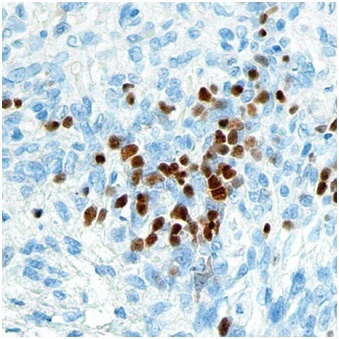In in-vivo systems, the cells have mechanical support in extracellular vicinity that not only provides overall stability but also facilitates cell-cell interaction, adhesion, cell proliferation, migration and differentiation. This mechanical support is a complex functional bioactive scaffold called the Extracellular matrix (ECM).
A guide to in-vitro cultures: which matrix to be considered
Loop mediated isothermal Amplification (LAMP) technique is one of the recent PCR techniques that is gaining importance for its application in molecular diagnostics. LAMP is a single tube PCR reaction carried out at constant temperature. LAMP is simple, affordable, cost effective, requires simple machinery and can be used in remote places by persons with little training.
Topics: Molecular Biology
There has been an exponential interest developing from past few years for studying the translational regulation of different genes in many model systems. Protein synthesis is the functional and fundamental biological process essential for decoding the genetic information and culminates it with a specific phenotype. Since the energy expenditure on protein synthesis is roughly more than half of the total energy expense of the cell during rapid growth, thus studying the kinetics of translational instrumentation has gained a broad attraction recently. As it has been shown previously, even a subtle altercation in translational apparatus can substantially affect human health. Hence, it is essential to profile the actively translating proteins comprehensively in order to develop insights into the cumulative translatome and its functional correlations.
Topics: Molecular Biology
Whenever you work in the histology lab, there is a great chance that you’ll be using some type of fixatives before you can proceed with your experiment. By definition, fixation is the process of preserving biological tissues by terminating any biochemical reactions thereby preventing autolysis and putrefaction. It also preserves the integrity and morphology of the sample by inhibiting bacterial and fungal growth.
Topics: Cytology & Histology







